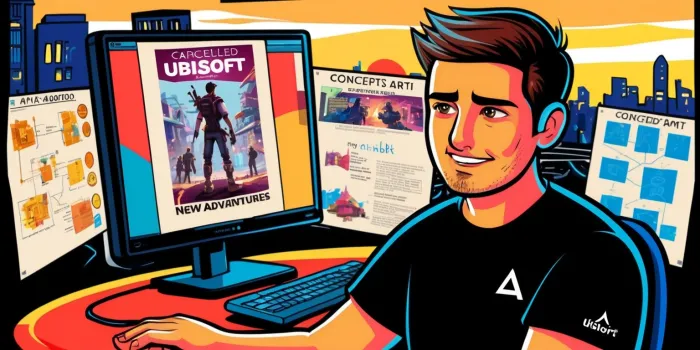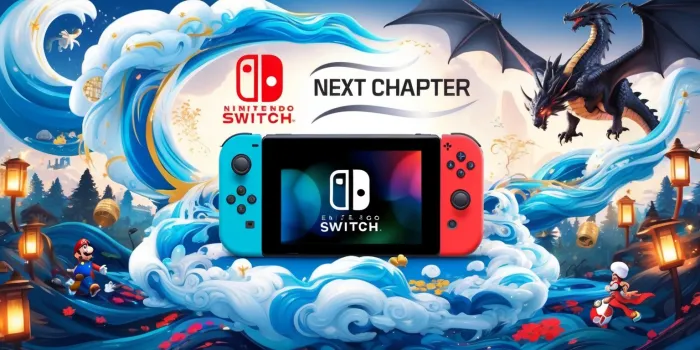 2024-05-27 10:50:00
2024-05-27 10:50:00 From Rejection to Revered: The Unlikely Journey of Yakuza/Like a Dragon
The Yakuza/Like a Dragon series stands as a prominent fixture in the gaming world today, but its rise to fame was far from easy. Toshihiro Nagoshi, the creator of the series, recently disclosed that Sega initially "flat out rejected" the concept. In the early 2000s, Sega primarily focused on family-friendly games, aiming for broad appeal and avoiding niche markets. This made it extremely difficult for Nagoshi to pitch his ambitious game centered around Japan's criminal underworld.
Nagoshi recounted his struggles during a guest appearance on Weekly Ochiai, with Automaton providing the translation. He detailed how Sega's focus on wide appeal often led to the watering down of new game ideas, stripping them of their original uniqueness. Nagoshi, however, remained steadfast in his vision. Despite the initial setbacks, he kept pushing for his game's approval.
It took Nagoshi three attempts to finally get Sega's management to greenlight the first Yakuza game. The approval process was anything but conventional; it was described as "quite forceful," highlighting the extreme measures Nagoshi had to take to bring his vision to life. Eventually, the game was developed by Sega's CS1 Research and Development team, which was later renamed Ryū ga Gotoku Studio. The inaugural Yakuza game debuted for the PlayStation 2 in 2005, signaling a new chapter for Sega.
Upon its release, the game marked a pivotal moment, evolving into a hit franchise that fans cherish today. The series has grown to include eight mainline games and numerous spin-offs. Each installment delves into the characters' lives, exploring themes like loyalty, honor, and redemption within the criminal underworld. The rich storytelling and dynamic gameplay have captivated players globally, proving that Nagoshi's determination paid off.
IGN's 9/10 review of Like a Dragon: Infinite Wealth praised it as one of the series' best entries. They commended its expansive, engaging world and turn-based combat, calling it the pinnacle of the Like a Dragon series. The franchise's ongoing success underscores how unconventional ideas can become beloved classics. Nagoshi's journey from initial rejection to ultimate success highlights the importance of perseverance and creative vision in the gaming industry.



Leave a comment
Your comment is awaiting moderation. We save your draft here
0 Comments